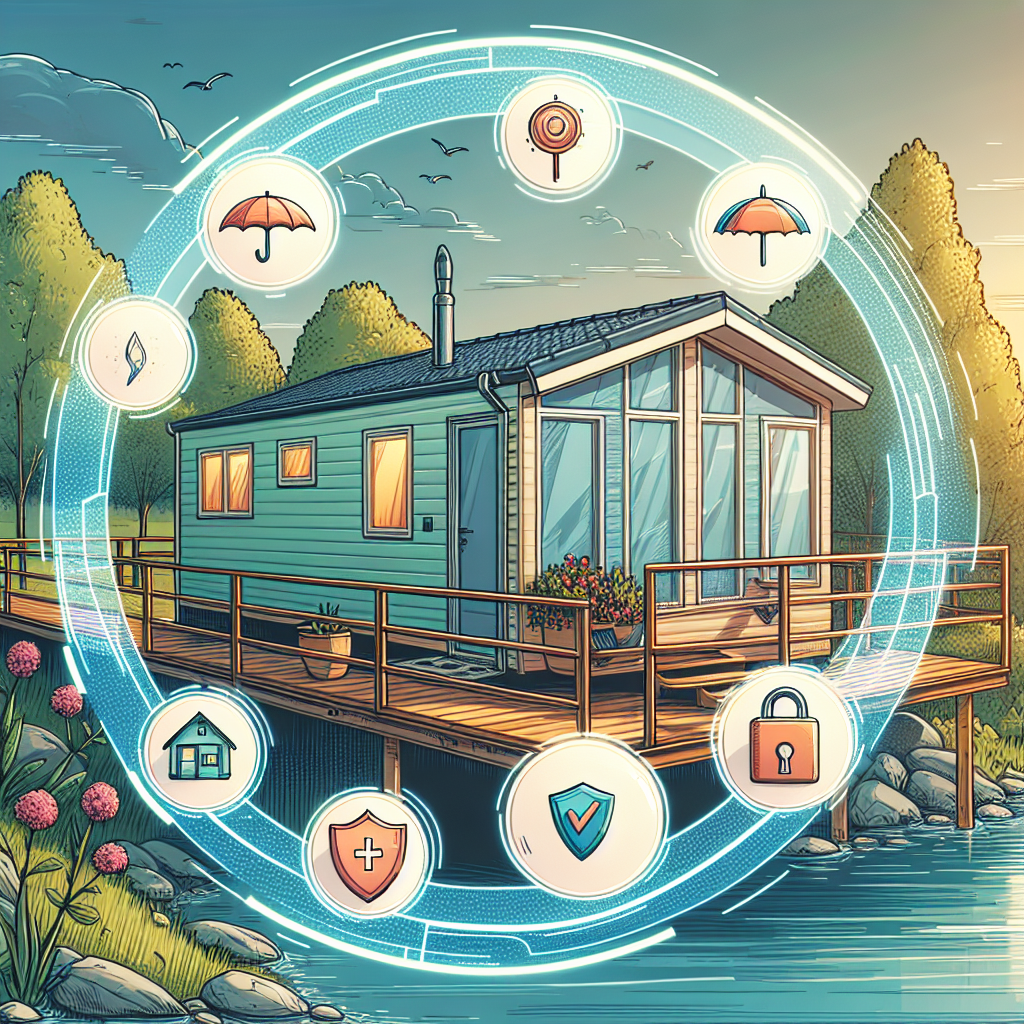Filed under Home Insurance on
Effective Strategies for Selling Home Insurance

In the ever-evolving landscape of home insurance, agents and brokers continuously seek effective strategies to capture the interest and trust of potential clients. Selling home insurance isn't just about offering a policy; it's about understanding client needs, building rapport, and educating buyers on the value of comprehensive coverage. This article delves into effective strategies for selling home insurance, equipping you with the tools and insights to thrive in this competitive market.
Understanding the Home Insurance Market
The home insurance market is both expansive and competitive, with a plethora of providers vying for attention. It's critical to understand current industry trends, consumer preferences, and regulatory changes. Knowing these factors allows agents to tailor their approach, ensuring they meet client expectations while also adhering to legal standards. Recent research indicates a growing demand for customizable insurance options, catering to the unique needs of diverse homeowners. Keeping an eye on such trends ensures that your offerings remain relevant and attractive.
The Importance of Building Trust
Trust plays a pivotal role in selling home insurance. Homeowners need assurance that their investment will be protected; thus, fostering trust is non-negotiable. Building trust begins with transparency—clearly communicating policy terms, coverage limitations, and pricing. Providing testimonials, case studies, or client referrals can also bolster confidence, showcasing instances where your agency has effectively managed claims or provided exemplary service.
Transparency in Communication
Effective communication is foundational to trust-building. This involves being upfront about policy details and ensuring clients understand what they're purchasing. Agents should avoid jargon and simplify complex concepts, enabling clients to make informed decisions. This clarity not only builds trust but also demonstrates a commitment to customer service excellence.
Utilizing Digital Channels
In a digitally-driven age, leveraging online platforms is paramount. Agents must establish a robust online presence through diverse digital channels, offering informative content and interactive services. A well-optimized website, engaging social media profiles, and insightful blogs can enhance visibility and client engagement.
Optimizing Your Website
Your website is often the first touchpoint for potential clients, so it's vital to optimize it for both search engines and user experience. Implementing SEO best practices, such as using relevant keywords, including "home insurance," integrating intuitive navigation, and ensuring mobile responsiveness, can significantly improve your online footprint.
Social Media Engagement
Social media platforms provide a unique opportunity to engage with clients directly. By consistently posting valuable content—such as tips on home safety, updates to home insurance policies, or how to navigate claims processes—you establish your agency as a knowledgeable and helpful presence. Additionally, responding promptly to inquiries or feedback on these platforms demonstrates your commitment to client satisfaction.
Educating Clients
Education is a powerful tool in selling home insurance. Homeowners often have limited understanding of what home insurance entails and how it benefits them. By educating prospects, you not only inform them about the importance of coverage but also position yourself as a trusted advisor rather than just a salesperson.
Hosting Workshops and Webinars
Organizing educational workshops and webinars can be an effective strategy for imparting knowledge. These events provide an opportunity to interact with potential clients, answer questions in real time, and demystify complex insurance topics. Offering such value-driven sessions sets your agency apart as a leader in the field.
Creating Informative Content
Producing regular content—such as blog articles, eBooks, or videos—focused on various aspects of home insurance can establish your agency as an authority. Topics might include comparing different types of coverage, the risks of under-insurance, or how home improvements can impact premiums. By consistently offering valuable insights, you nurture an informed client base and foster stronger business relationships.
Personalizing the Sales Approach
Personalization is key in today's insurance landscape. Clients favor tailored solutions that address their specific needs and preferences. A personalized sales approach not only makes clients feel valued but also improves your chances of closing deals.
Assessing Individual Needs
Taking the time to assess each client's unique circumstances allows you to propose solutions that best fit their situation. This might involve discussing their property type, location, and individual risk factors. By aligning your offerings with client needs, you demonstrate empathy and expertise, enhancing your credibility.
Customizable Insurance Packages
Offering customizable insurance packages is a practical way to cater to diverse client needs. Allowing clients to select coverage features important to them—such as flood protection or additional personal liability—adds value to your offerings. This flexibility not only increases client satisfaction but also differentiates your agency in a crowded market.
The Role of Technology
Incorporating technology into your processes can streamline operations and enhance client interactions. From online policy purchase systems to AI-driven client analytics, technology can greatly aid in selling home insurance more efficiently.
Implementing a CRM System
A robust Customer Relationship Management (CRM) system can revolutionize how you manage client interactions. It aids in tracking communications, following up on leads, and analyzing client data to refine your marketing strategies. Effectively utilizing a CRM enhances efficiency and ensures no opportunity is missed.
Adopting Virtual Insurance Tools
Virtual tools, such as live chatbots or virtual policy reviews, offer clients convenience and flexibility. These tools can address common queries instantly or guide clients through purchasing decisions, thus expediting the sales process and improving client satisfaction.
Nurturing Long-term Relationships
Successful insurance agents understand the value of nurturing long-term client relationships. Retaining clients is more cost-effective than acquiring new ones, and loyal clients are more likely to refer you to their network.
Consistent Follow-ups and Check-ins
Regularly checking in with clients helps reinforce your commitment to their satisfaction. Whether it's a follow-up email, birthday greeting, or a note regarding policy updates, these interactions keep your agency top-of-mind and build rapport over time.
Loyalty Programs and Incentives
Implementing loyalty programs or referral incentives can further enhance client retention. By offering discounts, rewards, or bonuses for client referrals or policy renewals, you create an incentive for continued business, thus strengthening client loyalty.
Conclusion
In conclusion, selling home insurance effectively requires a multi-faceted approach that prioritizes trust-building, client education, and leveraging technology. By staying informed about market trends and adopting personalized strategies tailored to individual needs, insurance agents can successfully navigate challenges and seize opportunities in this dynamic industry. Through dedication to client satisfaction and continuous improvement, your agency can not only sell home insurance effectively but also establish itself as a trusted partner in safeguarding homeowners' futures.



